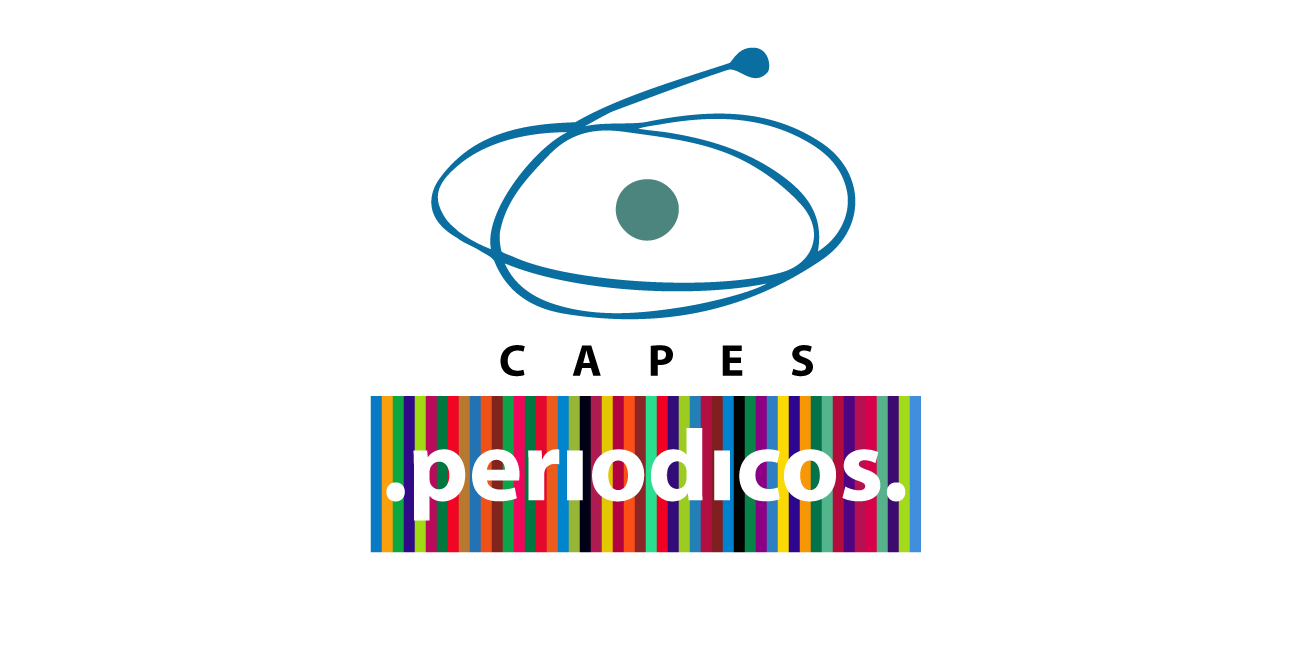The Basis of the Rights of the Personality Under the Penal Aspect
Keywords:
Dignity of the Human Person, Rights of the Personality, Penal Law, Constitutionalization Theory.Abstract
Current paper analyzes the basis of personality under the aspect of the dignity of the human person. Personality right may be conceived as subjective rights of the person, common to their existence, since they consubstantiate their physical, intellectual and moral integrity. Since they are acknowledged by humans and due to their social projections, they seek the defense of innate values such as life, intimacy, physical, moral and psychic integrity. This is why these are considered the basis for individuals. On the other hand, the intrinsic relationship between fundamental rights and the rights of the personality is underscored to justify the horizontalization of fundamental rights due to the Theory of Constitutionalization. These rights are currently warranted by Article 5 of the Brazilian Federal Constitution but were inserted in other branches of the Law. When the dignity of the person was elected with maximum value and protected by the juridical order, it must protect humans in their relationship with the State since the latter is logically in a position of superiority (fundamental rights). It has also the right to protect relationships between individuals who, due to different forms of power manifestations, may be within unequal positions (rights of the personality), inclusively within the penal environment.Downloads
Published
2013-10-10
How to Cite
Karolensky, N. R., & de Carvalho, G. M. (2013). The Basis of the Rights of the Personality Under the Penal Aspect. Revista Jurídica Cesumar - Mestrado, 13(2). Retrieved from https://periodicos.unicesumar.edu.br/index.php/revjuridica/article/view/3103
Issue
Section
Doutrinas
License
A Revista se reserva o direito de efetuar, nos originais, alterações de ordem normativa, ortográfica e gramatical, com o intuito de manter o padrão culto da língua, respeitando, porém, o estilo dos autores. As opiniões emitidas pelos autores são de sua exclusiva responsabilidade.
Os direitos autorais pertencem exclusivamente aos autores. Os direitos de licenciamento utilizado pelo periódico é a licença Commons Atribuição 4.0 Internacional. São permitidos o compartilhamento (cópia e distribuição do material em qualquer meio ou formato) e adaptação (remixar, transformar, e criar a partir do trabalho, mesmo para fins comerciais), desde que lhe atribuam o devido crédito pela criação original.












